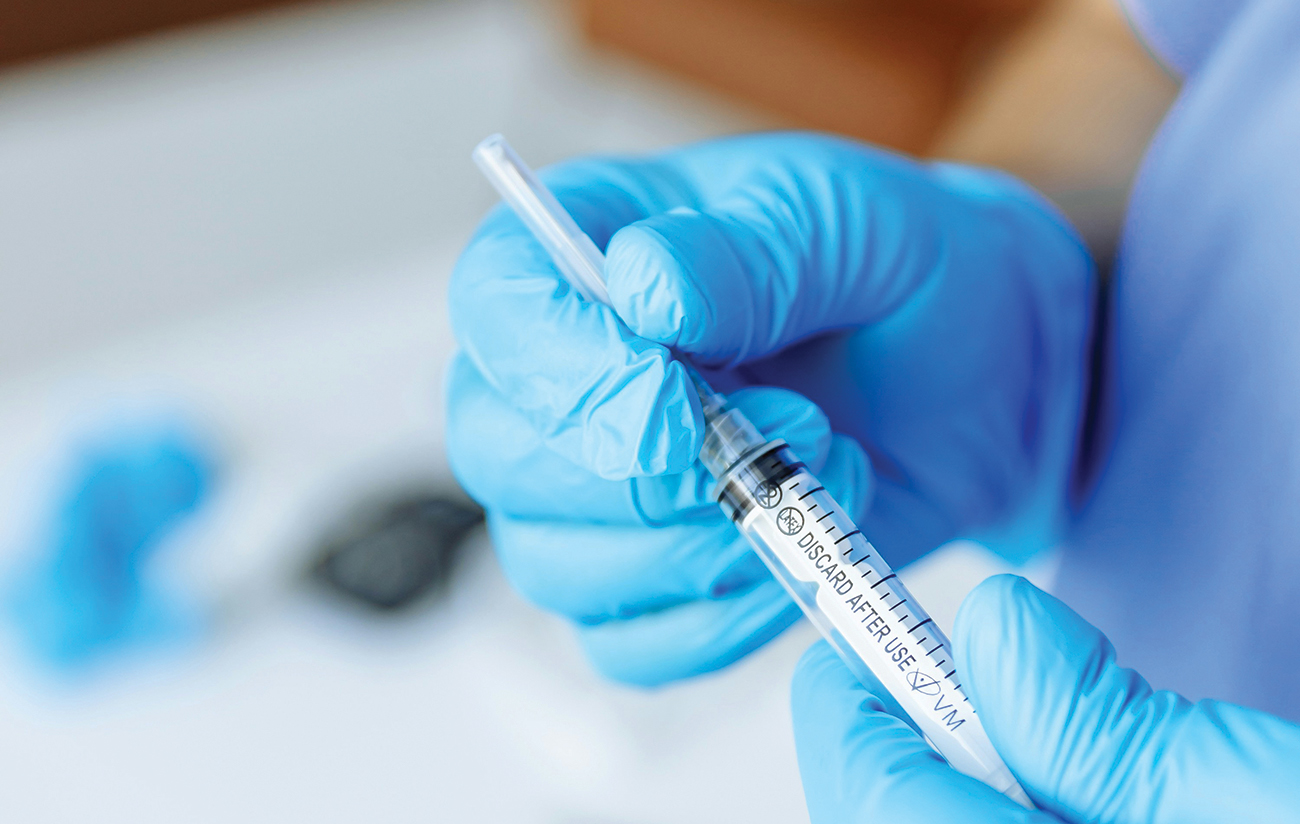On 31 October 2024, the European Commission fined Teva €462.6 million for delaying competition for its blockbuster drug, Copaxone, a treatment for multiple sclerosis in seven Member States (Belgium, Czech Republic, Germany, Italy, the Netherlands, Poland and Spain).
The Commission found that Teva had abused its dominant position by engaging in two types of conduct.
- First, it misused the patent system to artificially extend the patent protection of Copaxone. It did so by filing multiple divisional patents1, thus creating what the Commission described as a “web of secondary patents” around Copaxone. When challenged by rivals, Teva strategically withdrew the patent being challenged to avoid a finding of invalidity which would have put into question its other divisional patents. Thus competitors were forced to start lengthy proceedings anew, facing prolonged delays in entering the market.
- Second, Teva engaged in a systematic disparagement campaign, by disseminating misleading information about the safety and efficacy of a competing glatiramer acetate product, despite the relevant health authorities having approved the rival product as safe and therapeutically equivalent to Copaxone.
This is the first ever Commission fine on these types of conducts. A CRA team led by Raphaël De Coninck and Elina Koustoumpardi advised third parties on this case culminating in the Commission’s decision against Teva’s conduct.
Further details can be found on the Commission’s website.
1 Divisional patents are based on an earlier ‘parent’ patent application, but may focus on different aspects of the invention and are treated independently when it comes to assessing their validity.




